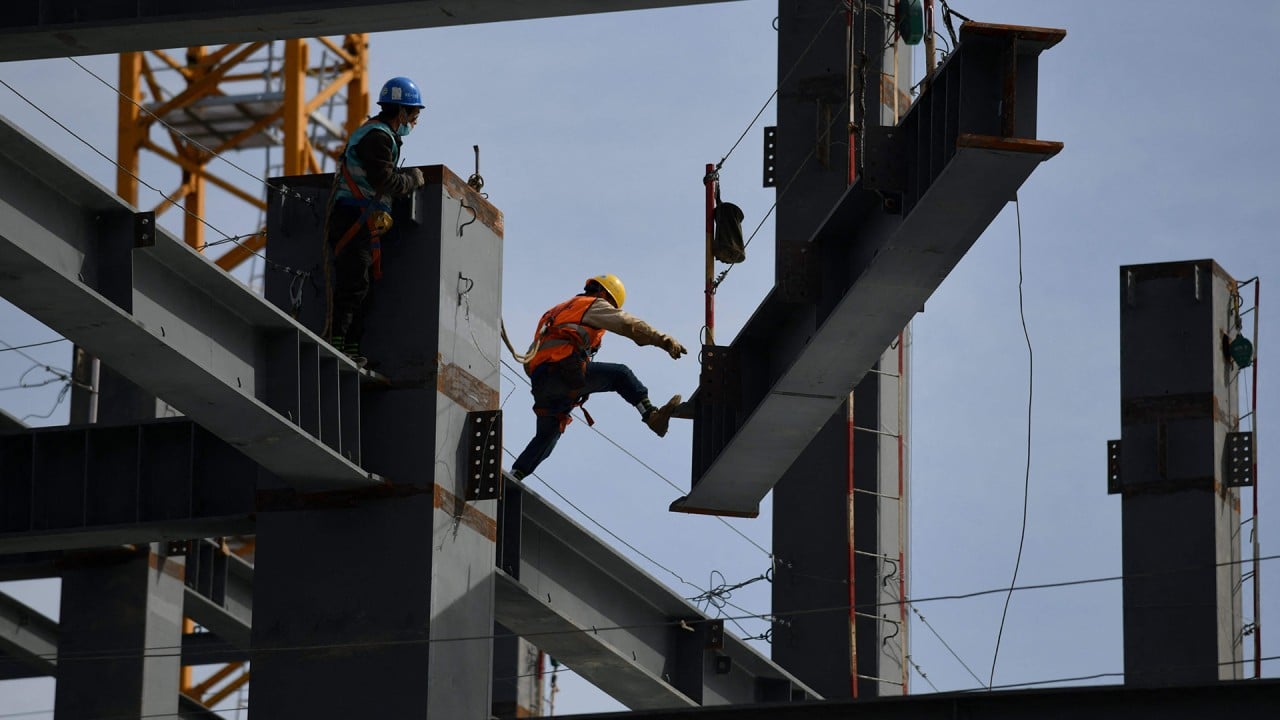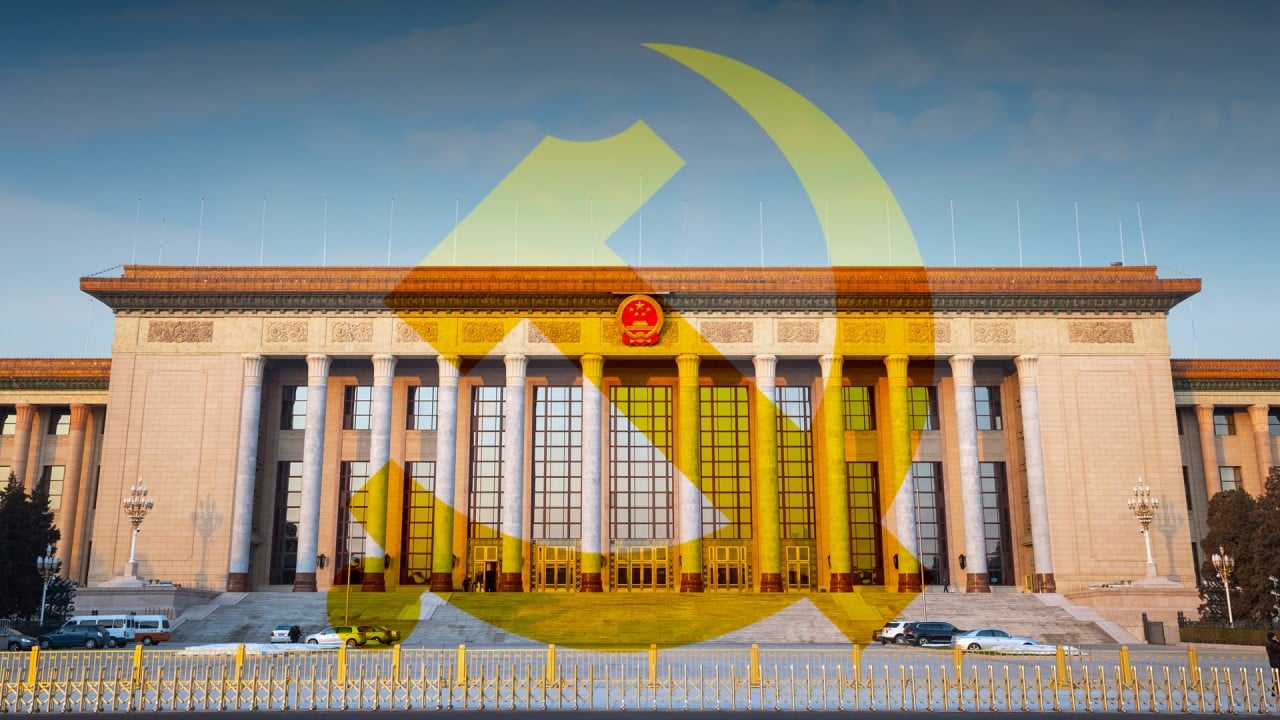
Waning US must overcome fear of China’s inevitable rise to the top
- The US must ultimately grasp the inconvenient reality that China will become the world’s largest economy sooner rather than later
- With most US allies hedging their bets, the ‘existential threat’ approach looks like theatrics behind a last-ditch attempt to shore up Pax Americana
All these follow the 280-page bipartisan Strategic Competition Act of 2021 in the US Senate to compete, confront or deter China on all dimensions of power as appropriate.
First, China’s rise with its perceived problematic practices could be a threat to the Western-dominated world order with its “universal values”. However, where is the evidence that it has become an existential threat? Michael Swaine, East Asia director of the Washington-based Quincy Institute for Responsible Statecraft, says concerns over China’s rise are overblown.
Third, the other side of the existential threat coin – that China will sooner or later implode because of multiple domestic problems, including worsening demographics and ecology – is equally fanciful.
Contrary to doomsayers over the years, China’s model of development has proven suited to its internal and external imperatives despite its shortcomings, as shown by its remarkable economic ascendancy.

02:01
China’s economy expands record 18.3 per cent in the first quarter of 2021
Additionally, different historical, geographical, cultural, socioeconomic and political backgrounds dictate different modes of government.
Moreover, the Communist Party has adapted its governance with the times. While remaining relatively “autocratic”, Chinese society has become remarkably freer since the days of Mao Zedong.

06:45
SCMP Explains: How does the Chinese Communist Party operate?
Finally, there is the zero-sum hawkish thinking that China’s ascendancy can and should be thwarted or at least delayed. The prospect appears unthinkable when the US economy, which has dominated the world for decades, is set to be relegated to second place behind China’s.
The inconvenient reality that China will become the world’s largest economy sooner rather than later must be grasped. This is less unthinkable when viewed historically. In 1820, China’s economy was almost six times as large as that of Great Britain’s, then the largest economy in Europe, and more than 15 times larger than the US’.
In the final analysis, with most US allies hedging their bets, the “existential threat” approach risks appearing like theatrics behind an all-out, last-ditch attempt to shore up a waning Pax Americana.
In any case, Biden should start talking to, instead of talking past, President Xi Jinping. They must gain a better understanding of each other’s national sensitivities and aspirations if US-China conflict is not to become a reality.
Andrew K.P. Leung is an independent China strategist. [email protected]

